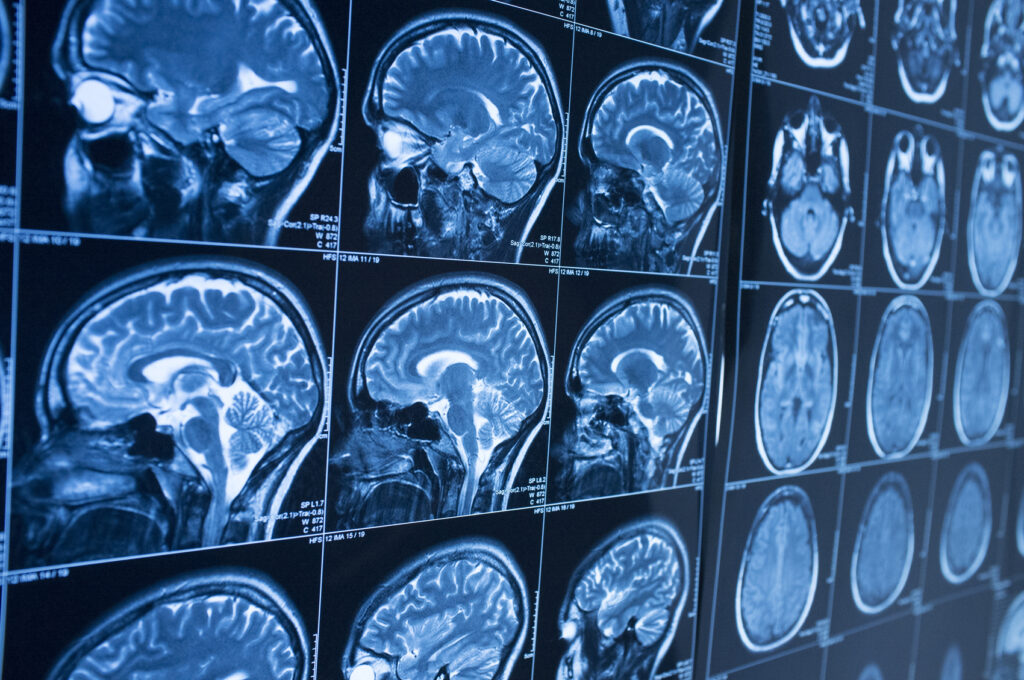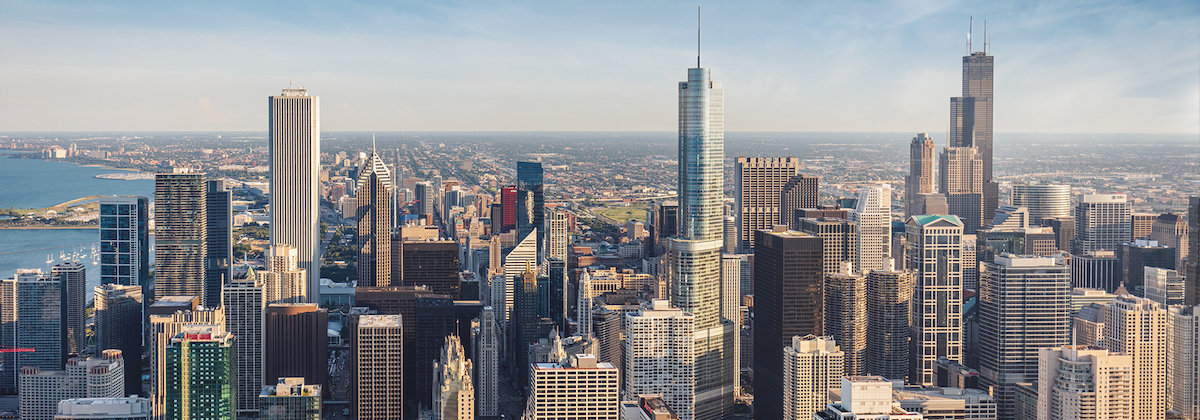Attorneys of Chicago | March 27, 2023 | Brain Injuries

A concussion is a traumatic brain injury (TBI). It is often referred to as mild TBI, which implies that a concussion is not serious. However, that is not the case.
Concussions are very serious. Even though a mild TBI might not be as life-threatening as a severe TBI, a concussion can have long-term effects. Therefore, a person who sustains a concussion should be seen by a medical professional immediately.
What Causes Concussions?
Concussions can be caused by a direct blow to the head (blunt force trauma). They can also be caused when the body receives a hard jolt, causing the brain to move within the skull. The movement can cause severe damage to brain tissue.
Common personal injury cases that might involve concussion injuries include:
- Car accidents, including crashes involving trucks, motorcycles, and bicycles
- Pedestrian accidents
- Slip and fall accidents
- Contact sports, including football and boxing
- Sports that could result in falls, including ice skating, skiing, and gymnastics
- Violent crimes and assaults
- Construction accidents, including explosions
- Nursing home abuse
- Accidents caused by defective products
If another party’s negligence or intentional torts caused your brain injury, you could be entitled to compensation for damages. Seek immediate medical treatment. Then, talk with a Chicago brain injury lawyer about your legal rights.
Symptoms of a Concussion or Mild TBI
You do not need to lose consciousness to suffer a concussion, although the loss of consciousness is a concussion symptom.
Other symptoms of a concussion include:
- Headaches that get worse or will not go away
- Inability to wake up or persistent drowsiness
- Confusion or inability to concentrate
- Decreased coordination, numbness, or weakness
- Ringing in the ears, slurred speech, or blurry vision
- Seizures or convulsions
- Vomiting and/or nausea
- Dizziness
- Sleeping more or less than usual
- Mood swings and behavioral changes
- Difficulty retaining new information or memory problems
It is important to realize that concussion symptoms might appear immediately after a head injury or over the following hours or days. You can experience one or more symptoms, which can come and go. Also, concussion symptoms can change over time.
The only way to accurately diagnose a concussion is through a medical examination. A doctor might recommend staying overnight in the hospital for observation, depending on the outcome of the medical evaluation.
Generally, when you return home after a concussion, you need to rest. You should avoid activities that put you at risk of another head injury or require intense thinking or concentration. As your symptoms improve, you can gradually resume normal activities.
Delayed Concussion Symptoms and Post-Concussion Syndrome
Many people experience concussion symptoms immediately after a head injury. However, some people do not develop symptoms for days. As a result, they might not be aware they sustained a concussion until they begin noticing symptoms or the symptoms become much worse.
Delayed concussion symptoms can include, but are not limited to:
- Memory problems
- Headaches
- Problems sleeping
- Fatigue
As the brain heals, symptoms can change. You could develop new symptoms, or symptoms may improve and then worsen. The exact area of the brain injured and the severity of the brain injury impacts whether you might experience delayed concussion symptoms.
Post-concussion syndrome or postconcussive syndrome (PCS) is associated with delayed and lingering concussion symptoms. About 90% of concussion symptoms disappear after 10 to 14 days. However, some symptoms could persist for weeks or months.
PCS occurs when concussion symptoms persist for three months or longer. Concussion symptoms that persist can cause long-term effects on a person’s learning, memory, cognition, and executive function. A small number of patients could experience disabling conditions because of post-concussion syndrome.
Following up with your doctor immediately is vital if concussion symptoms persist, change, or worsen. Write down the symptoms you experience each day and the severity of the symptoms. Your notes can help your doctor diagnose and treat post-concussion syndrome.
Can I Recover Compensation for Delayed Concussion Symptoms?
If another party caused your head injury, you could file a personal injury claim or an insurance claim seeking compensation for damages. The damages you could receive depend on the facts of your case.
However, brain injury cases often include compensation for economic damages, such as:
If you sustain a permanent brain injury, you could receive compensation for future damages, including ongoing medical treatment, personal care, and diminished earning capacity.
Concussions can also cause severe emotional distress and mental trauma. Some individuals may experience chronic pain because of a concussion. Post-concussion syndrome could result in one or more disabling conditions.
Therefore, you can also recover compensation for your non-economic damages or “pain and suffering damages.” The extent of the interference with your ability to function and quality of life determines how much your non-economic damages are worth.
What Should I Do If I Sustain a Concussion Because of an Accident or Personal Injury?
Because you might not be aware that you sustained a concussion, it is wise to be checked by a healthcare provider after any accident or injury. Report all symptoms to your doctor immediately. Creating a detailed medical record of your concussion symptoms can help prove that the accident caused your injury.
It is important to follow your doctor’s treatment plan. Reinjury after a concussion is possible if you engage in activities that could cause you to fall or receive a strong jolt. The action could cause your brain to move within the skull, causing additional injury.
If the insurance company can prove that your conduct worsened the concussion symptoms, it will deny damages caused by your actions. Proving that your worsening concussion symptoms or delayed concussion symptoms were caused by the accident can be easier if you are vigilant about your medical care.
Consulting a Chicago personal injury lawyer is also helpful. An attorney can advise you of your legal options and the steps you need to take to protect your right to compensation. The sooner you seek legal advice, the better informed you will be regarding a personal injury claim for delayed concussion symptoms.
Contact Our Chicago Personal Injury Law Firm For Help Today
If you’ve been injured in an accident in Chicago, Illinois, and need legal help, contact our experienced personal injury lawyers at Attorneys of Chicago Personal Injury Lawyers to schedule a free consultation today.
We proudly serve Cook County and its surrounding areas:
Attorneys of Chicago Personal Injury Lawyers
134 N La Salle St #2160
Chicago, IL 60602
Phone: (872) 324-4375
Hours: 24/7
Our firm is located near you. We have an office in Chicago
Find us with our GeoCoordinates: 41.5486783,-87.8377085
